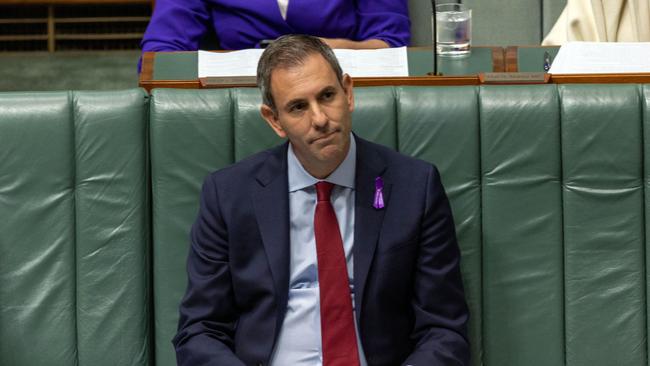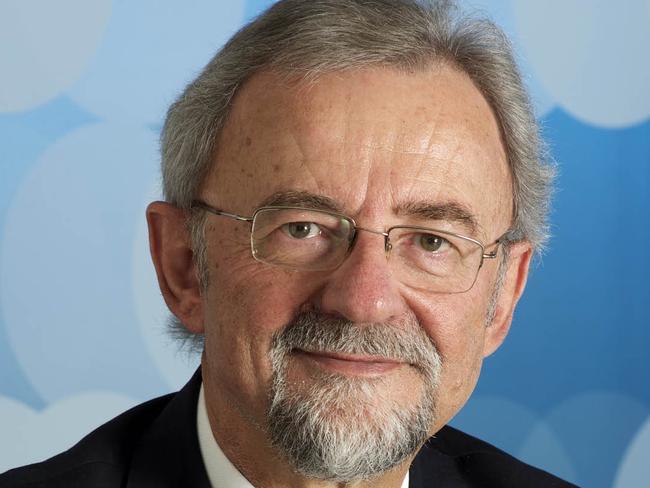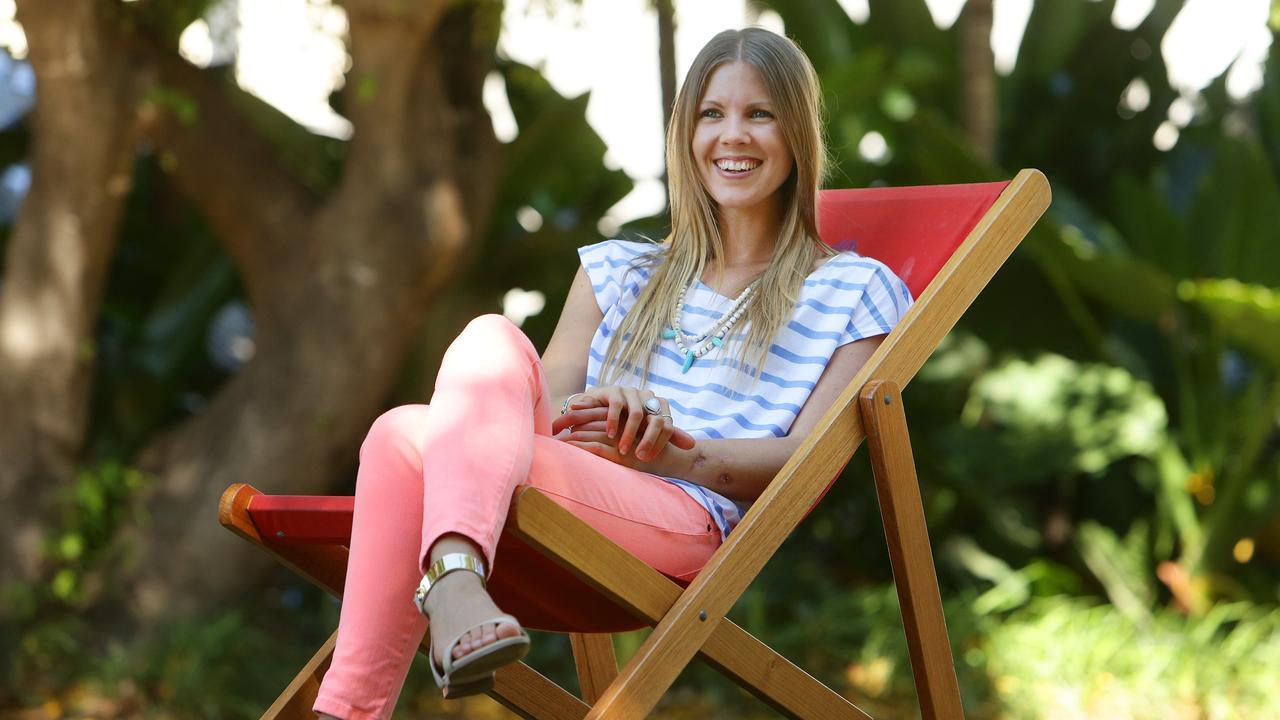
The real handbrakes on economic reform in Australia are our politicians’ lack of advocacy skills and our media’s lack of economic nous.
These are the lessons of the Albanese government’s claim to be emulating the reforms of the Hawke and Keating governments of the 1980s and ’90s.
Vested interests at that time criticised many of the changes introduced by former PM Bob Hawke, and his treasurer and successor Paul Keating. But Hawke and Keating had the political skills to persuade an electorate to back their prescriptions. And the better journalists of the time had the nous to understand what they were trying to do: modernise the Australian economy.
Former productivity commissioner Gary Banks in this newspaper last week lamented the nation’s lack of serious discussion about the need for a new economic reform program. On Thursday, The Australian’s Peta Credlin praised Banks’s analysis but noted how few questions politicians had been asked about his comments.
The truth is, politicians today won’t risk bold reforms because they know journalists will immediately seek out any loser of a proposed change. Vested interests will be given free rein to claim victim status.
This is no surprise given young reporters from modern journalism courses at today’s self-consciously progressive universities are so keen to see themselves as activists speaking truth to power. They are excellent at giving voice to the oppressed but have little understanding of economic policies that could lift society’s most needy.
As Keating used to say, the best hand-up is a job. Growth that floats all boats is more important to increasing national prosperity than a myopic focus on fairness.

Consider a truth about Treasurer Jim Chalmers’ proposed changes to superannuation balances above $3m. Few journalists have had the wit to point out people with such super balances have probably paid a lot of tax during their lifetimes. But media consumers have seen a lot of photos of waterfront homes, as if someone else’s good fortune is your misfortune.
The key to the Hawke-Keating era was productivity growth based on microeconomic reform opening up our economy. It was most definitely not the obsession with income redistribution that seems to be driving so many in the Albanese government.
Journalists need to understand growing the national economic pie is more important than worrying how you slice it. Ours is one of the most progressive tax and transfer systems in the world. Almost all tax is paid by the wealthy and by business while the poor, rightly, pay little and receive generous support by global standards.
A 2020 study by the Australian Taxation Office showed 3.6 per cent of Australians were earning more than $180,000 a year but they were paying 32 per cent of all net income tax. The 20 per cent of Australians earning over $90,000 a year were paying 68 per cent of all net income tax. The 80 per cent of Australians earning less than $90,000 were paying about 30 per cent of net tax.
A paper by the OECD in 2019 based on the HILDA (Household Income and Labour Dynamics in Australia) survey found “that among eight OECD countries (including the US, Germany and France) … Australia shows high income mobility. Australia has among the highest intergenerational earnings mobility across the sample 24 OECD nations.”
That is, Australians are good at lifting themselves out of poverty. But you would not know it from the way much of the media derides the notion of “aspiration” so loved by Keating’s successor as PM, John Howard.
The OECD study also highlights Australia’s “relatively low wealth inequality”.
“Measured by the share of wealth of the top 10 per cent of wealthiest households, Australia is in the bottom third of OECD countries. By the same token Australia has a higher share of wealth that is held by the bottom three quintiles.”
Australia also benefits from highly effective interaction between the tax and welfare systems so that up to 60 per cent of all households pay no net tax after government transfers. Yet this comes at a price in terms of incentive, a price borne by single workers and soon – increasingly – by retirees.
An ATO paper last year pointed out that in New Zealand a single worker on $NZ40,000 paid 18.95c tax on the next dollar of earnings. An Australian on $40,000 paid 36c on the next dollar. This underpins the argument for the 2024-25 Stage Three tax changes passed in the last parliament and still supported by the Albanese government.
Yet, among most of the left media this tax reform, which will really be no more than a return of bracket creep, is seen as a $200bn sop to the rich. It is in fact a reduction in the tax rate for middle income earners from $45,000 to $200,000 a year to 30 per cent, while those over $200,000 will pay $51,592 plus 45c in each extra dollar. It remains highly progressive.
The left media, especially the ABC, tries to de-legitimise the economic and business reporting of this newspaper, claiming it serves the interests of its proprietors, the Murdoch family. Yet for decades on issues ranging from industrial relations reform, tax reform designed to boost growth, the importance of our comparative advantage in cheap energy and the need for improved national productivity, the media debate has largely been carried by The Australian and its national competitor The Australian Financial Review.
These are the very issues championed by Hawke and Keating that gave the nation improved productivity and 30 years’ growth, free of recession. Yet both sides of politics and much of the media seem unaware of the history or the imminent dangers of the redistributive course the nation is on.
The pandemic left Australia with a record deficit. Loose monetary policy across the globe in response to large-scale shutdowns has boosted inflation.
The Reserve Bank of Australia and central banks globally are responding – correctly – with tighter monetary policy, even though much of the reporting suggests many journalists have never seen rising interest rates.
Nor was there any need for the carping performance on ABC’s Insiders last Sunday about budget repair.
Opposition Treasury spokesman Angus Taylor was correct when he said growth would be the best way to budget repair. It might have taken seven years but that is how the Coalition got the budget back to surplus by early 2020, before the pandemic.
Professor Banks, inaugural chair of the Productivity Commission and its boss from 1998 to 2013, warned Labor risked exacerbating the energy crisis, was going backwards on workplace relations, and seemed to think all public spending was sacrosanct. He pointed to the soaring costs of the NDIS and Gonski education reforms of the Rudd and Gillard era that had only produced declines in education and health outcomes.
He criticised a tax system “geared more towards redistribution than growth, the return of subsidies for favoured industries, and infrastructure policy being used for ‘short-term politics rather than long-term economic benefit’ ”.
This is the problem with Chalmers and his essay on kinder capitalism. We have seen the story before and it leads us up the wrong path. Remember Labor governments in Victoria, South Australia and Western Australia in the late 1980s sending state institutions broke by trying to pick winners?
At least there were signs at last week’s AFR business summit that corporate Australia is starting to wake up to itself and may begin pushing for better economic policy after years of prattle about climate and diversity.



